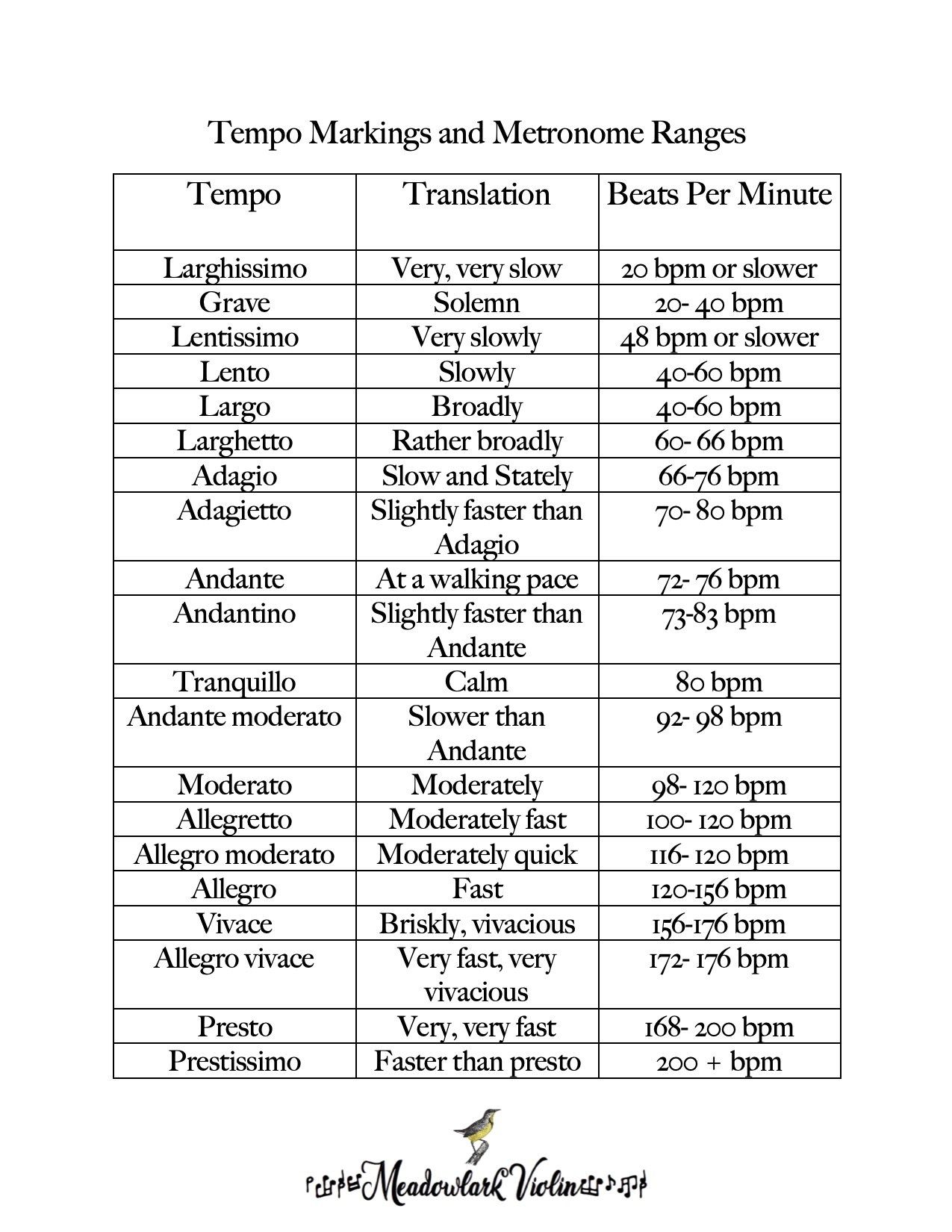Classical music is a genre that has a rich history and a wide array of technical terms that can sometimes be daunting for beginners. However, once you familiarize yourself with the vocabulary, you’ll find that it enhances your appreciation for the music and helps you better understand the compositions.
Whether you’re a musician, music student, or simply a classical music enthusiast, having a grasp of the terminology used in this genre can deepen your understanding and enjoyment of the music.
Classical Music Vocabulary
1. Sonata: A musical composition for solo instrument or small ensemble, typically consisting of three or four movements.
2. Concerto: A musical composition usually composed for a solo instrument accompanied by an orchestra. It typically has three movements – fast, slow, fast.
3. Symphony: A large-scale orchestral composition usually consisting of four movements – fast, slow, dance-like, fast.
4. Opera: A dramatic work in which the text is sung to orchestral accompaniment. It combines music, acting, and visual elements to tell a story.
5. Chamber Music: Music composed for a small group of instruments, typically one player per part.
Understanding these terms will help you navigate the world of classical music with greater ease and appreciation. As you delve deeper into the genre, you’ll encounter more specialized terms and concepts that will enrich your musical journey.
In conclusion, classical music is a genre that offers a treasure trove of musical expressions, emotions, and technical prowess. By familiarizing yourself with the vocabulary associated with classical music, you can enhance your listening experience and gain a deeper appreciation for the art form.
